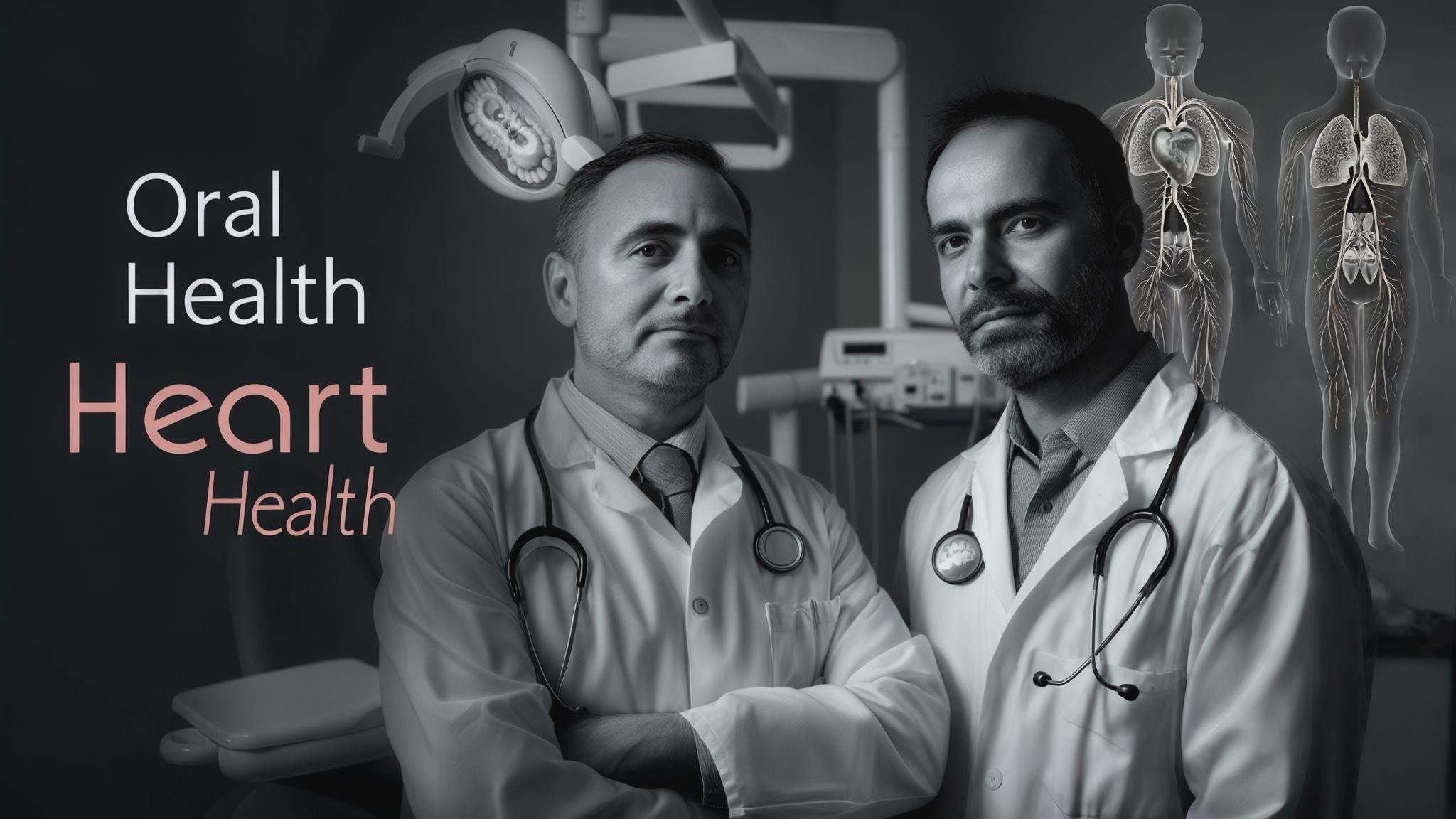Introduction
When you think of dental check-ups, you might picture a routine cleaning or a quick glance at your teeth. However, these regular visits to the dentist play a crucial role far beyond maintaining a bright smile. Dental check-ups involve comprehensive examinations that can reveal much about your overall health, including your heart. Recent studies have highlighted a significant connection between oral health and cardiovascular health. Understanding this relationship is vital for maintaining your overall well-being and preventing serious health issues.
The Link Between Oral Health and Heart Health
How Oral Bacteria Can Enter the Bloodstream
Your mouth is home to millions of bacteria, some of which can be harmful if they enter your bloodstream. This usually happens through gum disease, where bacteria can infiltrate your body through inflamed or bleeding gums. Once inside, these bacteria can contribute to systemic inflammation, which is a known risk factor for heart disease.
Research Studies Highlighting the Connection
Numerous studies have shown a clear link between periodontal disease and heart disease. For instance, research indicates that individuals with periodontal disease are twice as likely to suffer from heart disease. The prevalence of heart disease is notably higher in those with poor oral health, emphasizing the importance of maintaining a healthy mouth to protect your heart.
The Role of Dental Check-ups in Preventing Oral Diseases
Importance of Regular Dental Check-ups
Regular dental check-ups are essential in preventing oral diseases. Dentists recommend visiting at least twice a year. During these visits, you'll undergo examinations, cleanings, and sometimes X-rays to catch potential issues early on.
Early Detection of Periodontal Disease
Early detection is key in managing gum disease. Signs include swollen gums, bleeding while brushing, and persistent bad breath. Catching these symptoms early allows for timely intervention, preventing bacteria from wreaking havoc on your overall health.
How Maintaining Oral Health Can Benefit Heart Health
Mechanisms of Prevention
Good oral hygiene reduces inflammation, a major contributor to heart disease. Regular brushing, flossing, and dental visits help lower inflammatory markers in the body, promoting better cardiovascular health.
Lifestyle Factors Supporting Both Oral and Heart Health
A balanced diet rich in fruits and vegetables, quitting smoking, and regular exercise benefit both your oral and heart health. These lifestyle changes can significantly reduce the risk of diseases and improve your quality of life.
Case Studies and Patient Testimonials
Real-life Examples
Consider Jane, a patient who improved her gum health through regular dental care and noticed a significant improvement in her blood pressure. Her story, along with many others, highlights the interconnectedness of oral and heart health.
Testimonials from Healthcare Professionals
Healthcare professionals increasingly advocate for an interdisciplinary approach, emphasizing the importance of collaboration between dentists and cardiologists to ensure comprehensive patient care.
Recommendations for Patients
Best Practices for Maintaining Oral Health
Adopt a daily oral hygiene routine that includes brushing twice a day, flossing, and using fluoride toothpaste. Incorporating antimicrobial mouth rinses can further reduce harmful bacteria.
Encouragement to Schedule Regular Dental Check-ups
Don't hesitate to discuss your heart health with your dentist. Sharing your medical history can help tailor your dental care to support your overall health.
Conclusion
Dental check-ups play a pivotal role in maintaining not just oral health but also heart health. Prioritize both by integrating regular dental visits into your healthcare routine. By doing so, you take a proactive step towards a healthier future.
References
- Study on the link between periodontal and heart disease: Journal of Clinical Periodontology
- American Heart Association on inflammation and heart disease: Heart.org
- Additional resources on oral health: Mayo Clinic

